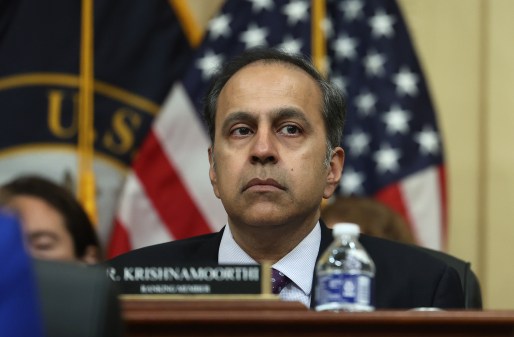Senate bill hopes to sort out supply-chain cybersecurity risks, prevent next Kaspersky drama

A new bipartisan Senate bill would try to get to the bottom of supply chain risks by setting up a federal acquisition council that would include representatives of the intelligence community and Defense Department.
The goal of the bill is to increase policy coordination between agencies so that the government can avoid buying technology that is bugged by foreign spies.
The “Federal Acquisition Supply Chain Security Act” was introduced Tuesday by Sens. James Lankford, R-Okla., and Claire McCaskill, D-Mo. It tasks agencies across the government with creating a strategy to address supply chain threats embedded in federally procured technology systems. If a tainted software or hardware component enters an agency’s supply chain, experts say it could be used for espionage or to carry out a cyberattack.
The announcement comes after a year in which U.S. officials have repeatedly grappled with national security concerns surrounding Moscow-based antivirus vendor Kaspersky Lab. Lawmakers claim that Kaspersky could be coopted by Russian intelligence to spy on specific users. But the company has consistently denied all wrongdoing.
In practice, the bill intends to bridge “the information gap between the intelligence community, the Department of Defense, and the rest of the government on technology vulnerabilities and characteristics that could jeopardize our national security,” the senators’ offices said in a prepared statement. An Office of Management and Budget official would chair the inter-agency council, which would issue guidance on IT threats.
The bill is the latest attempt to legislate the supply-chain challenge. On Monday, the Senate passed a defense bill that would nix a deal between the Trump administration and Chinese smartphone maker ZTE, another company accused of enabling espionage. Last year’s defense bill included a governmentwide ban on using software made by Kaspersky. That ban, however, has been difficult to enforce given how deeply embedded the relevant coding is in U.S. technology, the Daily Beast reported.
With acquisition policy emanating from multiple agencies, Lankford and McCaskill say more clarity on acquisition policy is needed.
“We can’t simply respond to supply chain threats piecemeal, we’ve got to have a system in place to assess these risks across the government,” McCaskill said in a statement.
Under the bill, the council would decide whether one agency’s ban on a company’s products should apply to other agencies. The Department of Homeland Security has exercised authority over civilian agencies on this issue, as it did last year when it directed agencies to remove any Kaspersky gear from their networks.
You can read the full bill below:
[documentcloud url=”http://www.documentcloud.org/documents/4524038-FASCSA.html” responsive=true]






